SUSTAINABILITY & INNOVATION
From the start, we’ve focused on innovation and meaningful impact through thoughtful design. By partnering, prototyping and continuously learning, we keep evolving to meet the needs of displaced communities more effectively.
An incremental approach
Our new product portfolio is built around a lightweight, durable modular frame that adapts to different materials, needs and budgets. Its flexible design allows for varied sizes, shapes and uses – from shelters to clinics, classrooms and safe spaces.
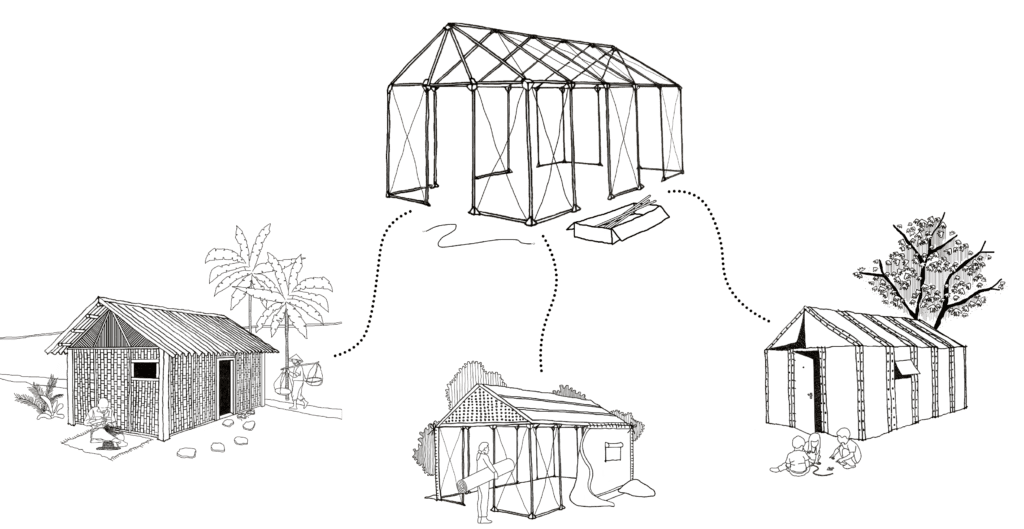
Sustainability
We collaborate with humanitarian partners, the private sector, and academia to improve our shelters and adapt to the rapidly changing humanitarian landscape. We develop materials to improve the indoor climate, strengthen components to make the shelters more resilient and sustainable and find new ways to optimise modularity, recyclability and upgradability.

Deploy
A sustainable product strategy addressing the shelter needs of the millions of people who may face displacement in the future.
An approach to create a modular and versatile shelter framework that can be easily stockpiled and assembled.
Upgrade
A pre-fabricated panel system that offers safety and dignity from the outset, with rapid assembly and versatile applications,
Made of materials which create as little environmental impact as possible.
They serve as temporary structures that can fit into complex humanitarian responses.
Upcycle
Enable communities to upgrade with available building materials using local traditions and expertise.
Adapt shelters as local resources become accessible and transform them into more durable buildings in protracted emergencies.
Advancing sustainable development
We are committed to the SDG framework, and as a member of the United Nations Global Compact, we report on our current activities, which help us align our strategies and operations with universal principles on human rights, labour, environment, and anti-corruption.
Projects and news
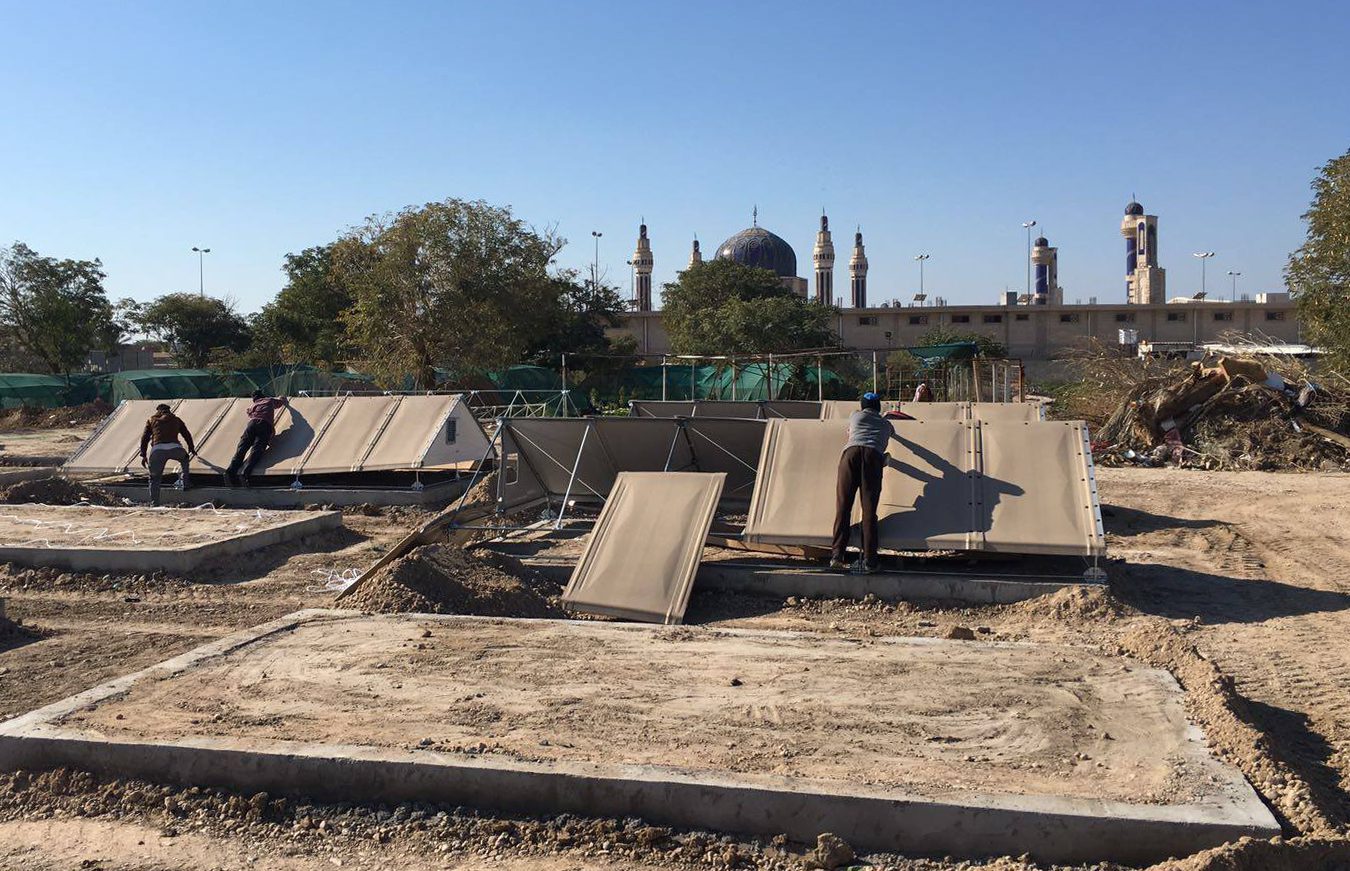
ASSESSING OUR SHELTERS’ END OF LIFE
In 2024, an independent consultant provided guidance on managing and considering…
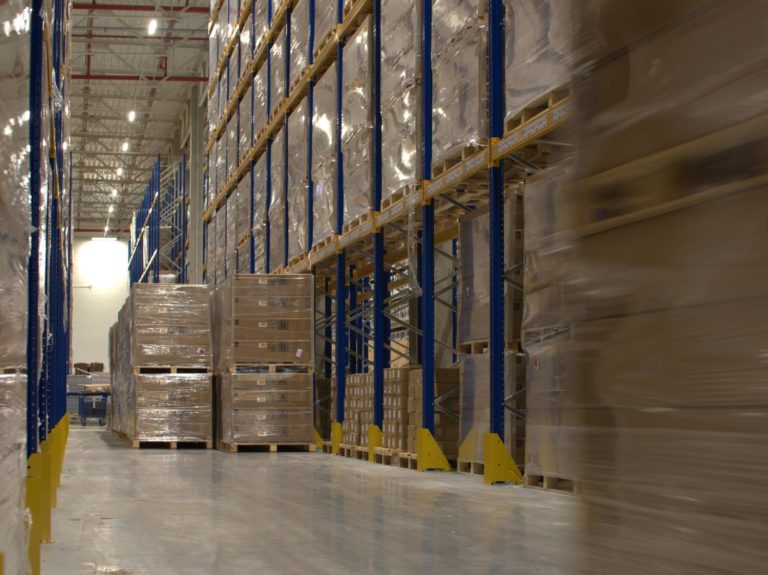
Reducing energy consumption
Reducing energy use across our supply chain has remained a priority…
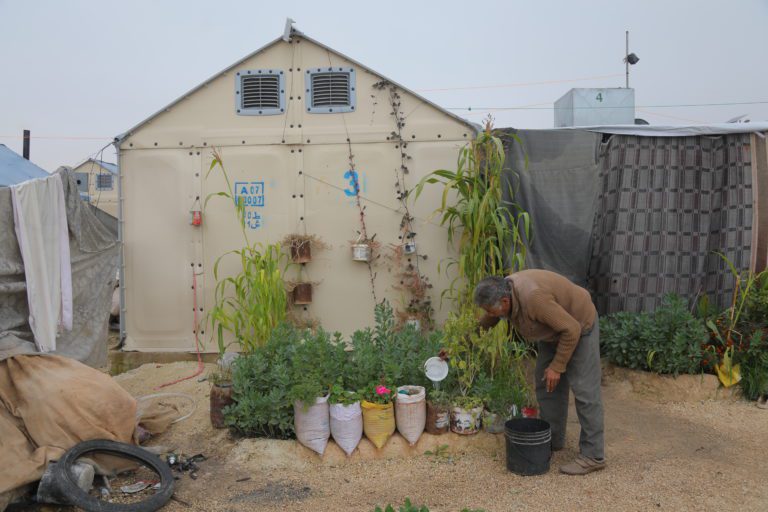
Minimising our environmental impact
We often operate in regions already acutely affected by climate change.…
Our design philosophy

Human centred design
Shelter is a dynamic process, not a product, and every stakeholder’s perspective is invaluable.

Humanitarian imperative
Guided by humanitarian principles, we must provide culturally appropriate shelters to ensure safety without imposing additional concerns on people.

Prototype
Ensure early and iterative evaluation through prototypes, with gradual progression from small-scale to full-scale models with feedback from users.
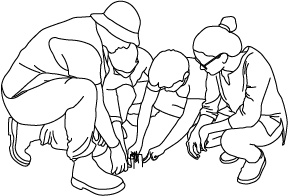
Test, pilot and verify
Test prototypes with partners, to assess performance and collect feedback, scrutinise various aspects and community acceptance, while prioritising safety and performance in design choices.

Invest in innovation
Partner with coreagous philanthrophies through multi-year innovation programs to ensure ideation, prototyping, evaluation, iteration and impact evaluation.

Innovate through collaboration
Collaborate with UN agencies, NGOs, manufacturers, academia, foundations with active contribution in every phase of product development.
